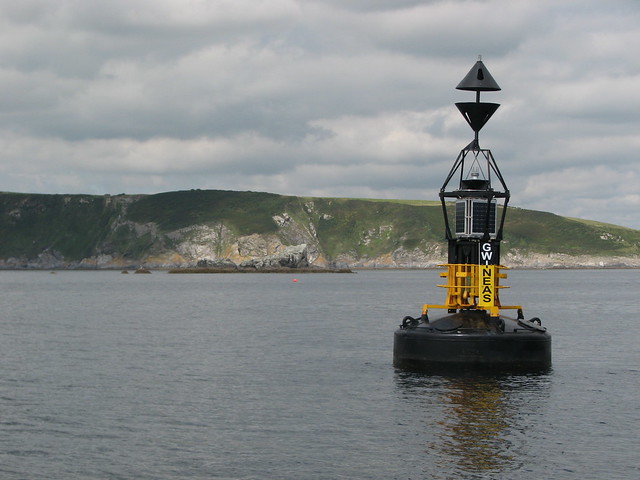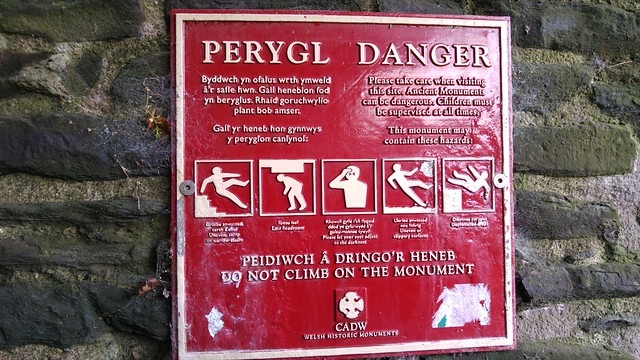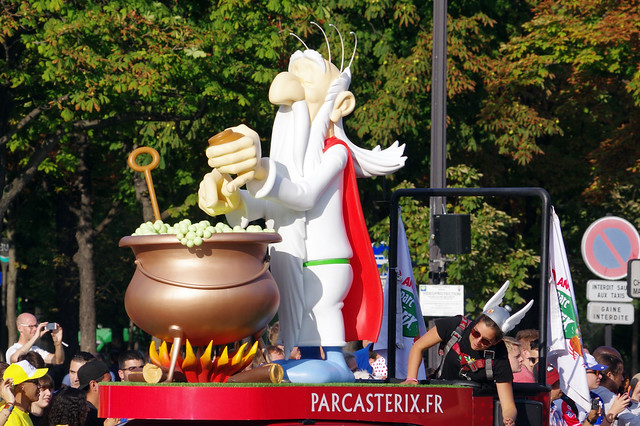When is a forest not a forest?
In modern English, the word forest [ˈfɒɹɪst / ˈfɔɹəst] means:
- A dense uncultivated tract of trees and undergrowth, larger than woods.
- Any dense collection or amount – e.g. a forest of criticism
Historically it referred to ‘defined area of land set aside in England as royal hunting ground or for other privileged use’, and didn’t necessarily contain trees.
It comes from Middle English forest (forest, wood, a preserve for hunting exclusive to royalty), from Old French forest (royal hunting ground, forest), from Early Medieval Latin forestis (a large area reserved for the use of the King or nobility, often a forest and often for hunting or fishing, forest), from Proto-West-Germanic *furhisti (forest), from *furhiþi (forest, woodland) and *hursti (thicket, wood, grove, nest) [source].
*furhiþi (forest) comes from *furhu (fir, pine), from Proto-Germanic *furhō (fir, pine, forest [of fir or pine trees]), from Proto-Indo-European *pérkus (oak), from *perkʷ- (oak) [source].
Words from the same roots include pērkons (thunder) in Latvian, perkūnas (sound of thunder, god of thunder) in Lithuanian, perth (bush, hedge) in Welsh, quercia (oak) in Italian, forêt (forest) in French, vorst (copse, grove, woodland) in Dutch, fjör (vitality, energy, fun, life) in Icelandic, and cork, fir and farm in English [source].
*hursti (thicket, wood, grove, nest) comes from Proto-Germanic *hurstiz, from Proto-Indo-European *kʷr̥s-ti-s, from *kʷres- [source].
Words from the same roots include hirst (a barren, unproductive piece of ground, usually a hillock, knoll or ridge) in Scots, horst (an elevated land overgrown with shrub) in Dutch, Horst (the nest of a bird of prey, eyrie, bush, thicket, small forest) in German, and hurst (wood, grove – found mainly in place names such as Sissinghurst) in English [source].
The Irish word crann (tree, mast), the Welsh word pren (timber, wood, tree), and related words in other Celtic languages also come from the same roots, via Proto-Celtic *kʷresnom (tree, wood) [source].
In Middle English, the word wode was used to refer to a living tree, a group of trees, a grove, a copse, a wood, a forest, wood, etc. As a verb, it meant to hunt, to take to the woods, or to hide oneself in the woods, and a wodeward was a forester or forest warden.
Wode comes from Old English wudu / ᚹᚢᛞᚢ (wood, forest, woods, tree), from Proto-Germanic *widuz (wood, tree, forest), from Proto-Indo-European *h₁widʰ-u-s [source].
Words from the same roots include wood in English, viður (trees or brambles, forest, wood, timber) in Icelandic, viita (a thicket of young deciduous trees) in Finnish, gwedhen (tree) in Cornish, gwezenn (tree) in Breton, and fiodh (wood, timber) in Scottish Gaelic [source].
Another forest-related word in English is sylvan, which means pertaining to the forest or woodlands, residing in a forest or wood, wooded, or covered in forest.
Related words include silviculture (forestry – the care and development of forests in order to obtain a product or provide a benefit), silvology (the scientific study of forests), and names such as Syliva, Transylvania (“across the forest”), Spotsylvania and Pennsylvania (“woodland of William Penn”).
It comes from Medieval Latin sylvanus, from Latin silvanus, from silva (forest), from Proto-Indo-European *s(w)el- (beam, board, frame, threshold) [source]. Words from the same roots include selva (forest, wood, mass, multitude) in Italian, selva (jungle, woods, forest) in Portuguese, and silva (bramble, blackberry bush) in Galician [source].













